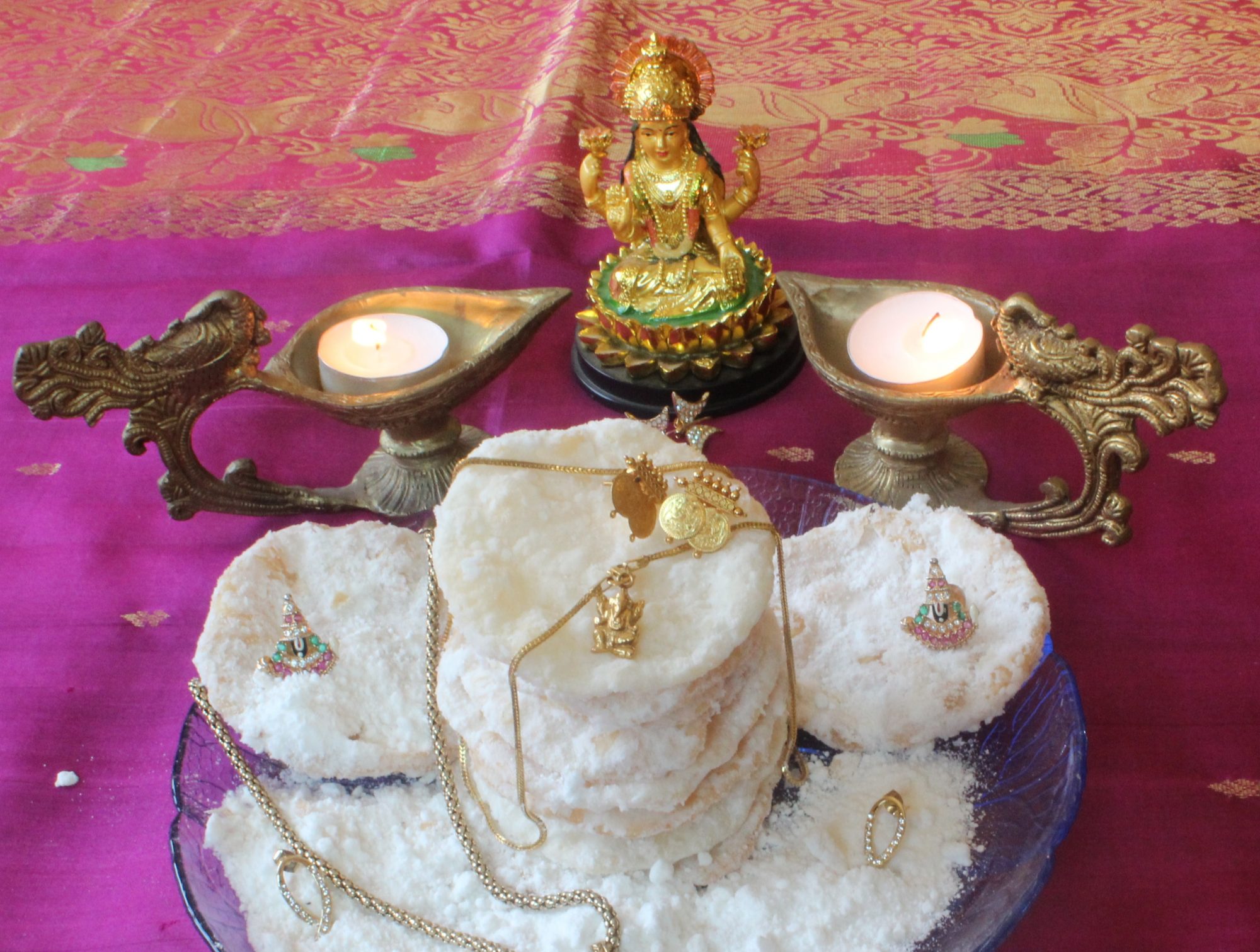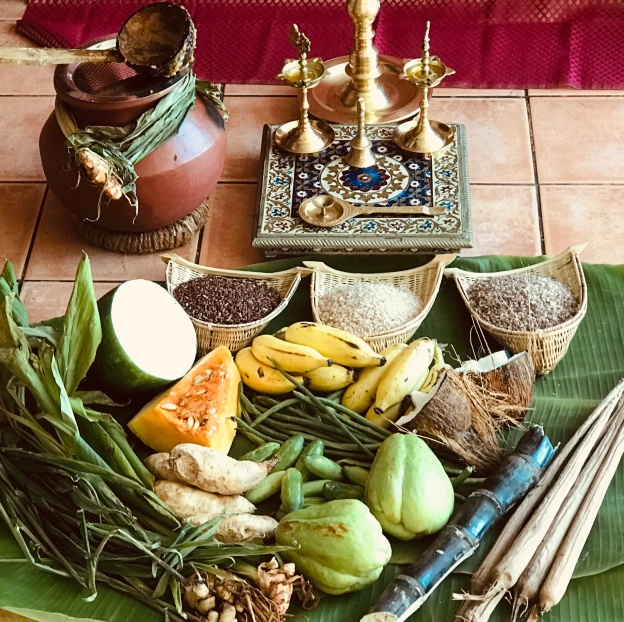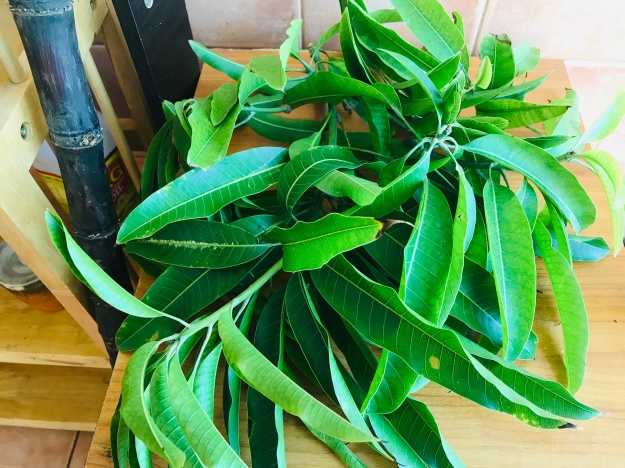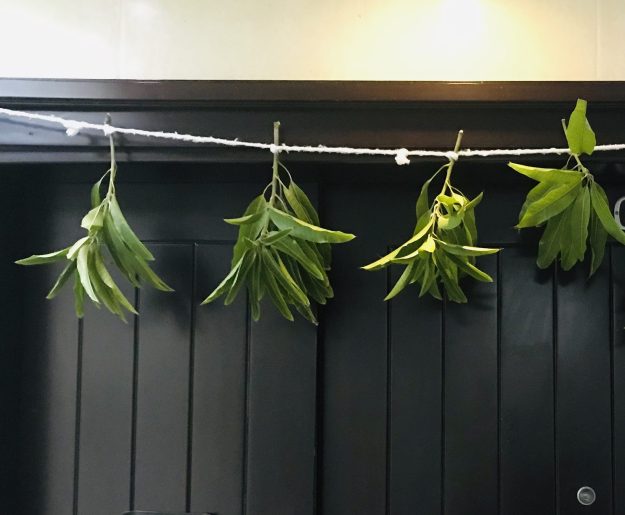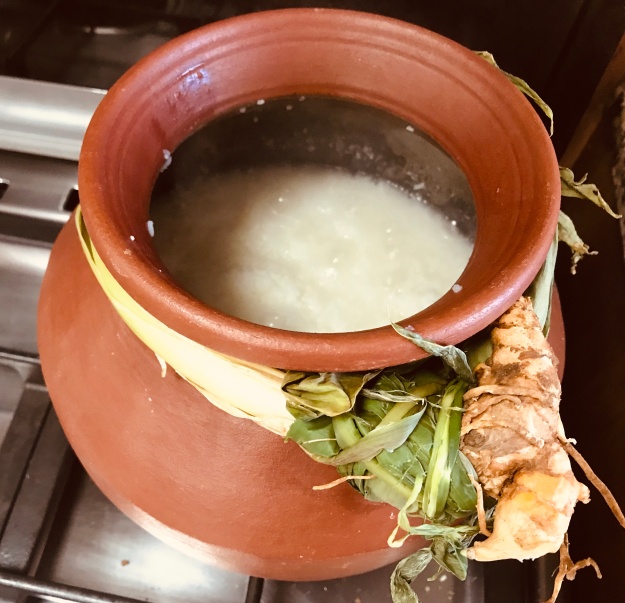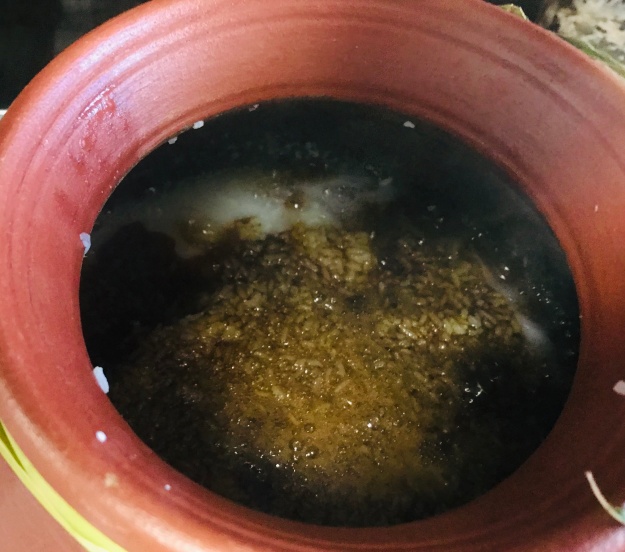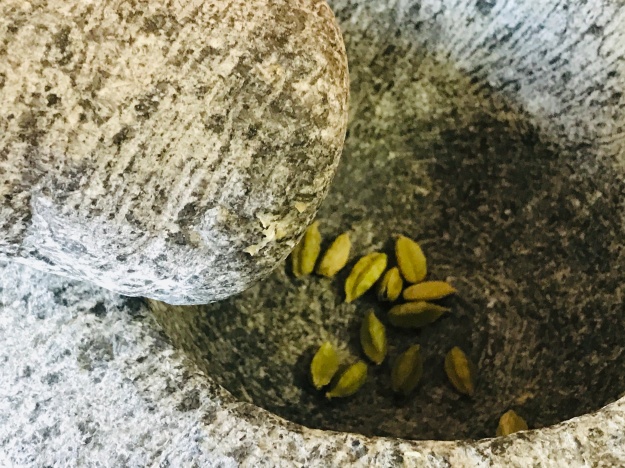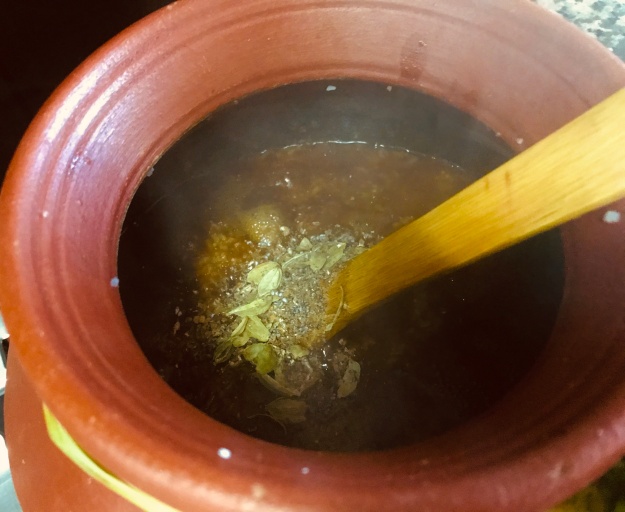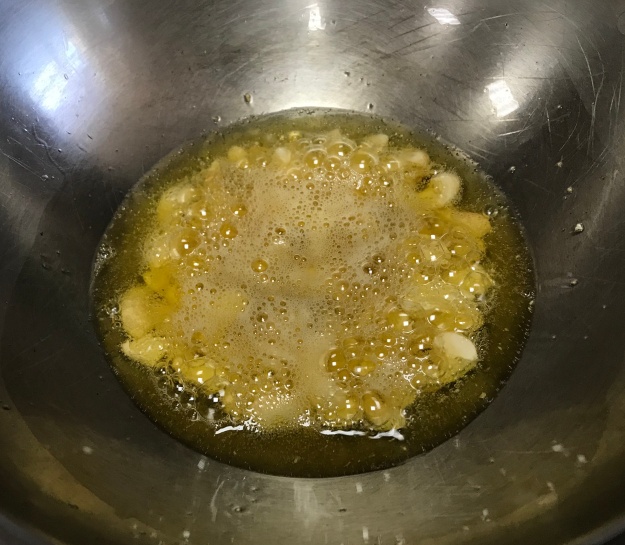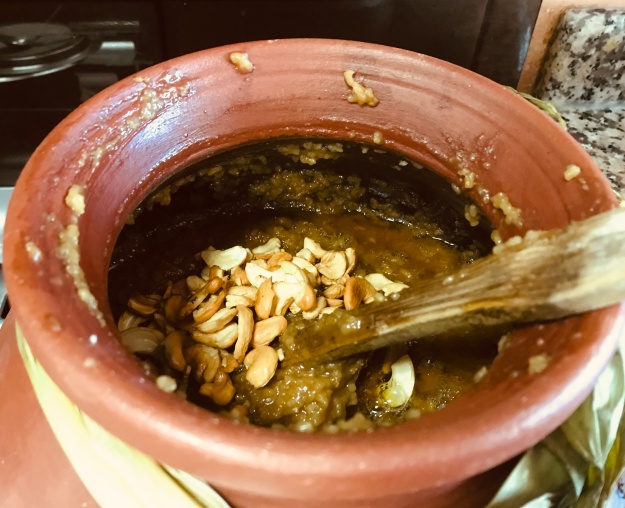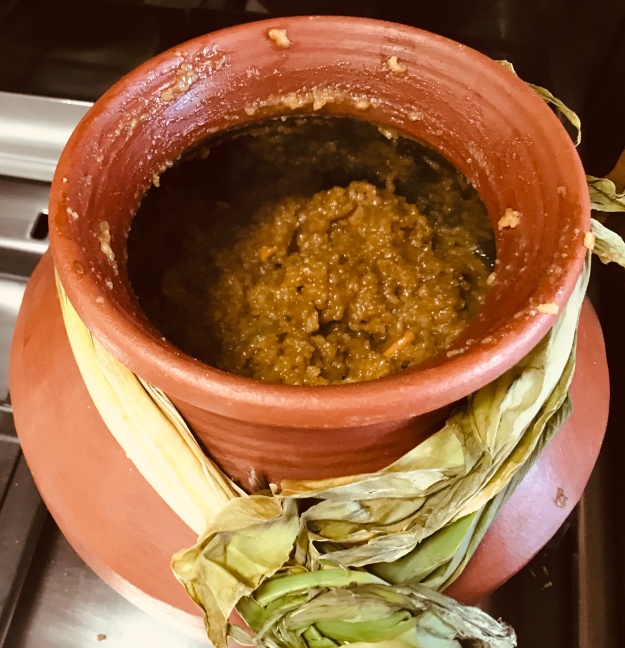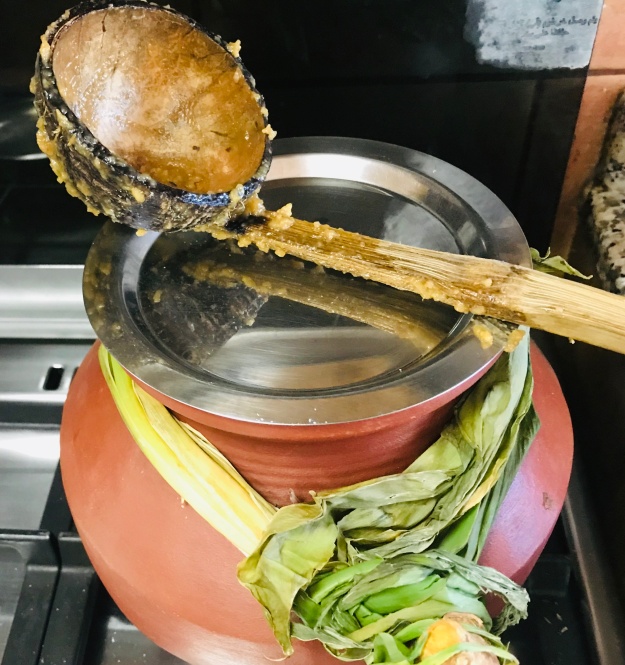This year’s Pongal – the Harvest Festival of the Tamils, was a special one for me. After posting my experience of Pongal in Cambodia , way back in 2014, now, I am delighted to post my experience of Pongal in Abu Dhabi, in 2020. Pongal was celebrated on 15th January.
Abu Dhabi, as many of us know, is a place very close to a South Indian’s heart. I recall a few lines I already wrote in one my previous posts – Navaratri in Abu Dhabi–
Living in Abu Dhabi, one doesn’t feel out of homeland, with millions of Indians, especially South Indians quite huge in number. But, it is certainly an amazing place where festivals are celebrated in their best traditional way, with undoubted authenticity.
The same feeling of being at home, was felt during Pongal too. Firstly, there was a Pongal celebration by local Tamil Community, at Khalifa Park, Abu Dhabi on the 10th of January, 2020. That gave a great start to the essence of our own Harvest Festival. There are a few more to join, in the coming days as well.
Apart from the events, that give a welcome feeling of being part of one’s own society, one of the most essential things to celebrate a traditional festival, is the availability of ingredients – exclusive to one’s native soil.
So, first step – I listed down the necessary things I needed to buy, for an authentic, traditional celebration – almost close to home, but away from home.
My list –
- Pongal Paanai – a new Mud Pot to make Pongal – The sweet rice pudding
- Manjal Kothu – Fresh Turmeric with the root and leaves, to tie around the pot
- Inji Kothu – Fresh Ginger with root and leaves
- Karumbu – Sugarcane
- Panakizhangu – Palmyra Sprout
- Maavilai – Fresh Mango leaves to make Thoranam or decoration in the house entrance
- Fresh traditional vegetables of Tamilnadu
- Banana Leaf
- Coconut
- Banana
- Rice
- Jaggery
Now, Rice, Jaggery, Banana, Coconut and vegetables are abundantly available in Abu Dhabi. Hence, the concern of getting those didn’t pop up at all.
My longing to make Pongal, in a new mud pot was fulfilled by Dar Al Meena Food Stuff Trading, located in Sharjah, which delivers organic produces from Tamilnadu, every week, on different days to different parts of the UAE. Click here to know more about the shop.
They deliver required native produces to Abu Dhabi every Sunday. So, my anxiety to get these trademark Pongal Agro products, was sorted out very quickly.
This post is not going to be one, with a recipe. But this one is, to share my happiness and fulfilment that resulted in this year’s Pongal celebration. Happiness, not because I could get those quintessential things – but specially and more specifically because, I could show my daughter, at least a glimpse of Pongal – the festival, so earthy, and so close to our roots.
Pongal is so special to the Tamils because, it is an ancient, non-religious, traditional festival, that is very strongly connected to the earthy aroma of our native soil. It is the Harvest Festival as well as a Thanksgiving Festival. Though, it is a festival in which the farmer is thanking his own eco system of nature, including the Sun, Soil and Cattle, for providing the strength to achieve best yields. In turn, it is our duty to thank the Farmer, who produces the grains and vegetables we consume daily. Then, isn’t it very important to make our next generation value the sheer Hardwork of those humble souls, without whom, our filled plates with nutritious food and satisfied palates after each meal wouldn’t be achievable?
These are the things I procured from the shop, including my first priced possession of the new year – my Pongal Paanai/Mud Pot.
Pongal in Abu Dhabi
The quintessential things –
mud pot, coconut shell ladle, the pirumanai to place the pot, fresh turmeric with root and leaves, fresh ginger with root and leaves.
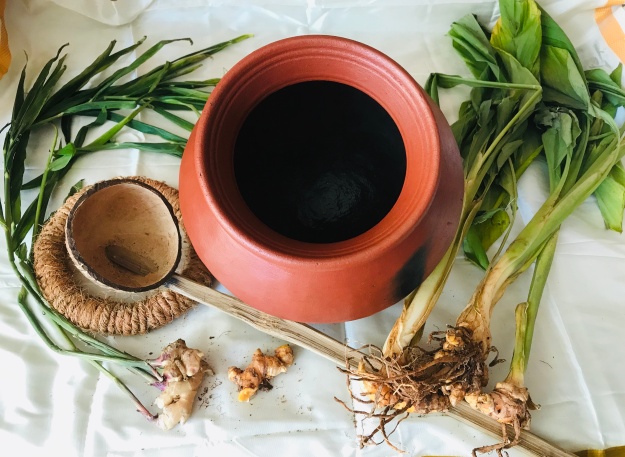
my priced possessions – mud pot and coconut shell ladle
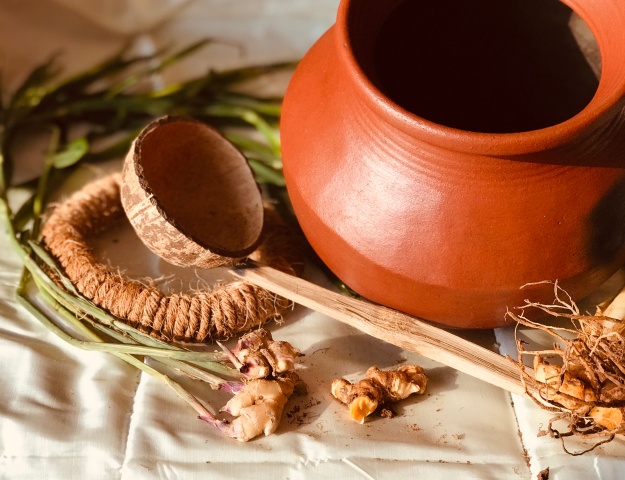
Seasoning the Man Chatti/Mud Pot
After soaking the mud pot in water overnight, I washed it well with gram flour using coconut scrub. The next step, in the process of seasoning the mudpot, I fried grated coconut and nei/clarified butter. This aids in removing any mud, impurities and also makes the pot stronger. Coconut and nei/clarified butter, would provide a nice aroma to the mud pot, while making sweet dishes in future. This is because, the clay would absorb the flavour and aroma of the things fried or cooked first, for the rest of its life span. I discarded the fried coconut. Then, washed the pot with the coconut scrub and gram flour. Man chatti/mud pot is ready to make Sarkkarai Pongal, in fact every year.
Rest of the products – Karumbu/Sugarcane
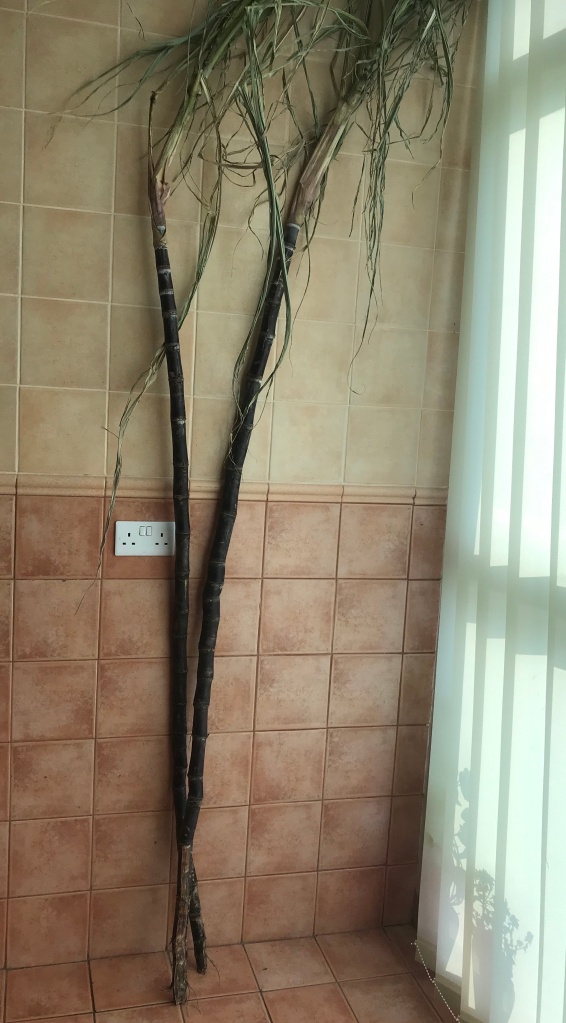
Panang kizhangu/Palmyra Sprouts
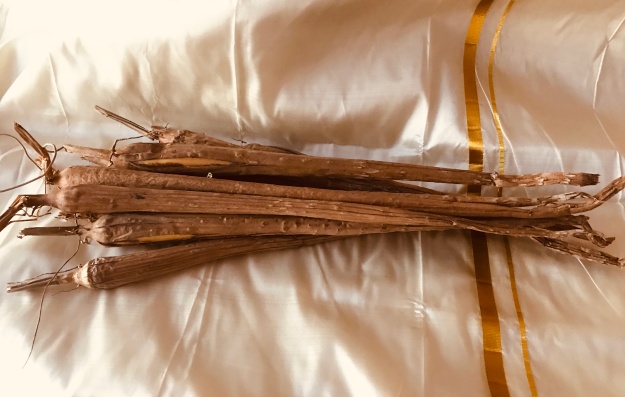
Maavilai/Fresh mango leaves and Maavilai thoranam
the vegetables and different kinds of rice – mappillai samba, hand pound white, hand pound brown
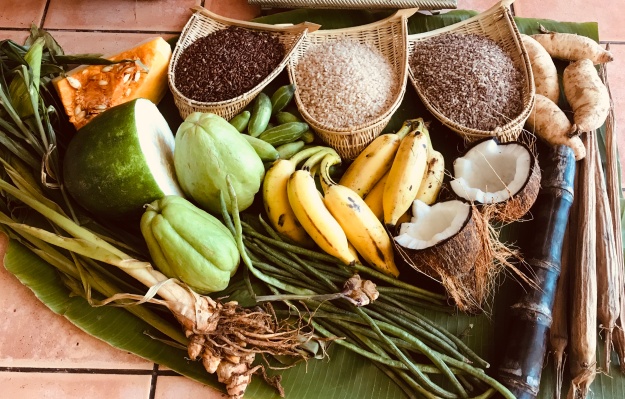
Making Sarkkarai Pongal
I made Pongal, with 3 cups rice and approximately 4 to 4 1/2 cups jaggery. Too much for a nuclear family. But, the joy of sharing with friends during such festivals is the true spirit of celebration.
To start, I tied the fresh turmeric root with leaves to the neck of the manchatti. Placed the man chatti with water to boil, on the stove. A tip here – Add sufficient water for rice to cook… this is not pressure cooker cooking.. so no water measurements. Add water in between, if water is insufficient to cook rice.
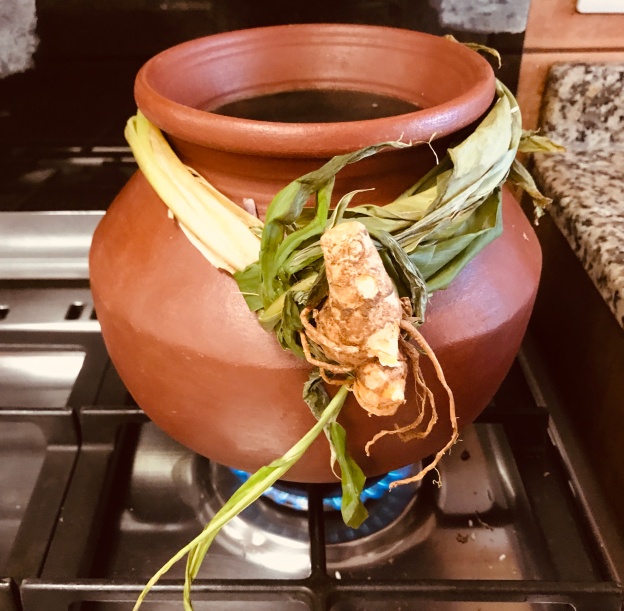
Sufficient water and washed rice immersed in it.
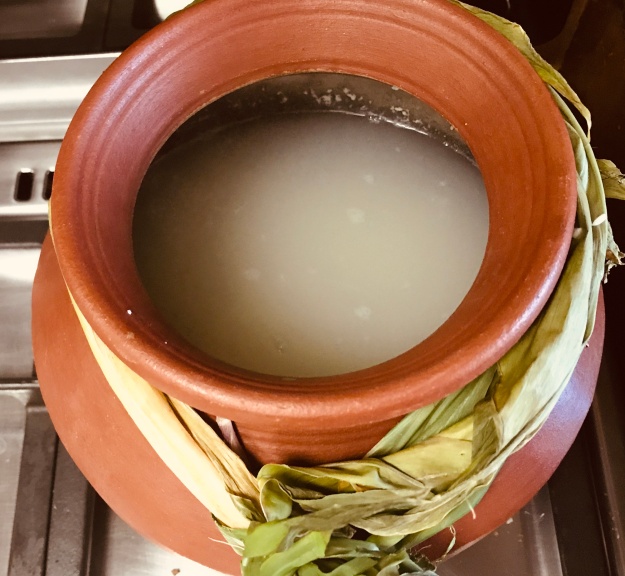
Meantime, I kept the jaggery with water on stove. Once water boils and jaggery is completely dissolved, switch off stove. We shall strain later, directly into the pot.
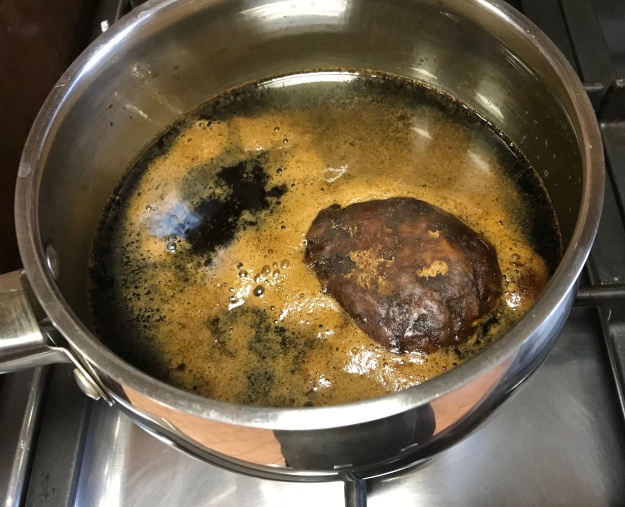
Checked the rice off and on, until it had become soft
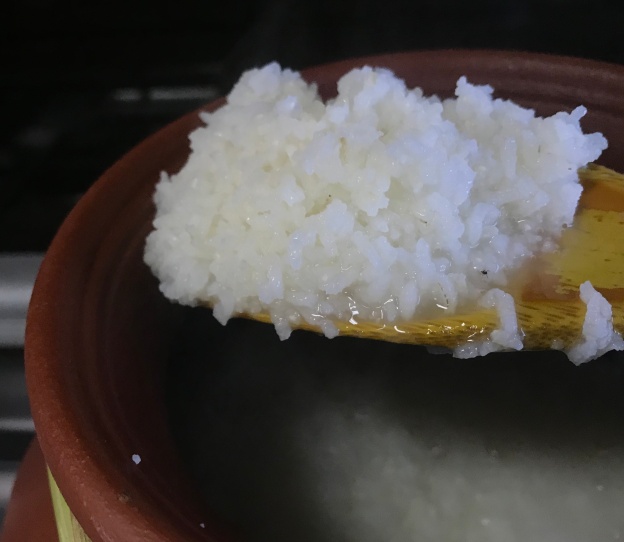
After a few minutes, the rice had become thicker, with most of the water absorbed while cooking;
At this stage, I strained the jaggery liquid into the pot
I added freshly ground cardamom into the rice and jaggery pongee
It was time to mix well and check whether everything was going right.
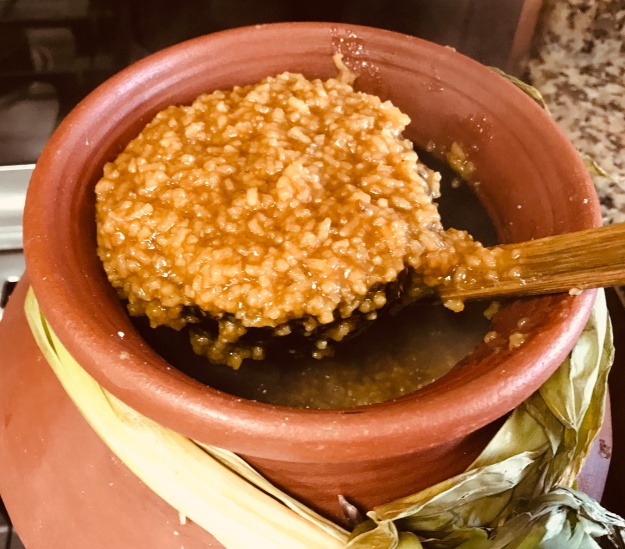
I used this beautiful coconut shell ladle, to mash the rice well. This dual purpose ladle, also serves as a masher.
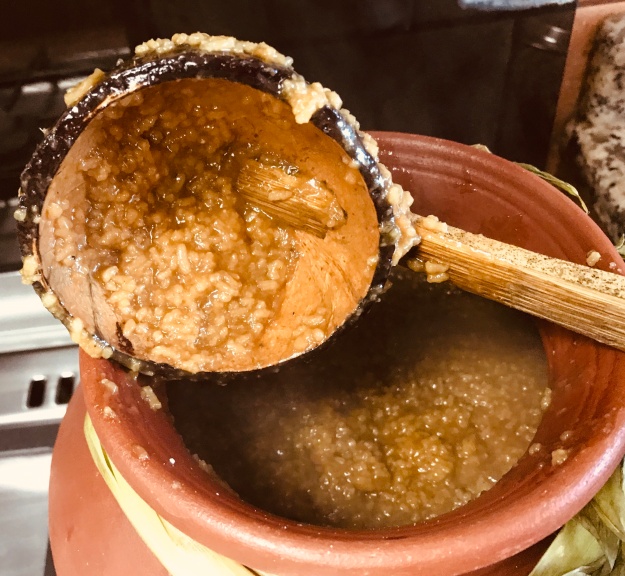
I fried cashew nuts in clarified butter/nei and added to the almost done sarkkarai pongal
Sarkkarai Pongal was a thickened pudding now. I closed the lid and got ready to thank the farmers, cattle and nature – all at heart, in front of the worship area, with all family members present.
Symbolising the new Harvest – vegetables and rice

Thanksgiving Time! Pongalo Pongal!!!
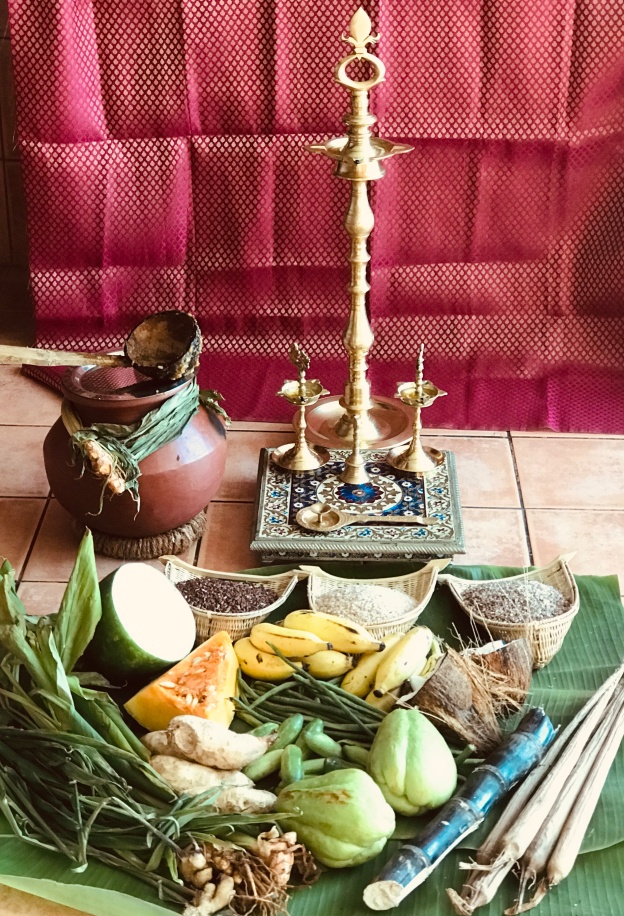
After the humble celebration at home, traditional meal with rice, sambar, avial, pachadi, poriyal, vadai and pongal was the treat of the day. It was truly a festival, remembering and thanking the Farmers, and their eco system of Nature, including the Sun, Soil and Cattle, that provide them their basic means of livelihood, besides enabling us to reap the benefits of our primary food grains and vegetables.
